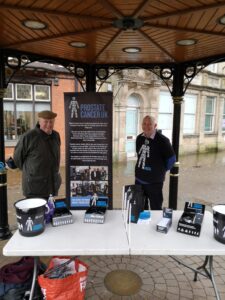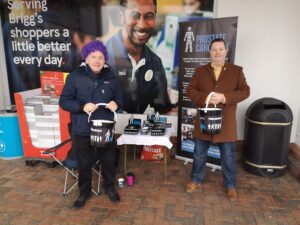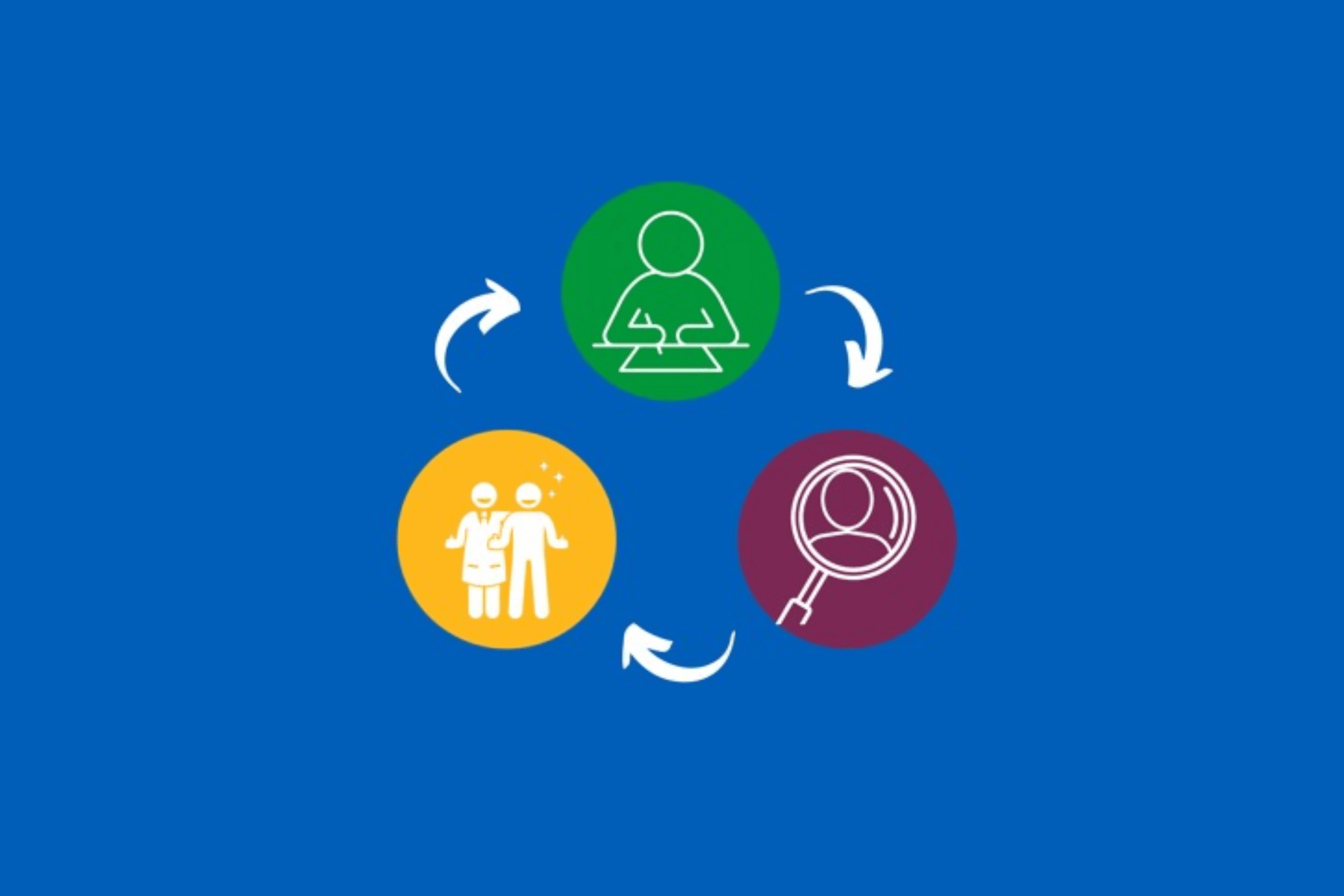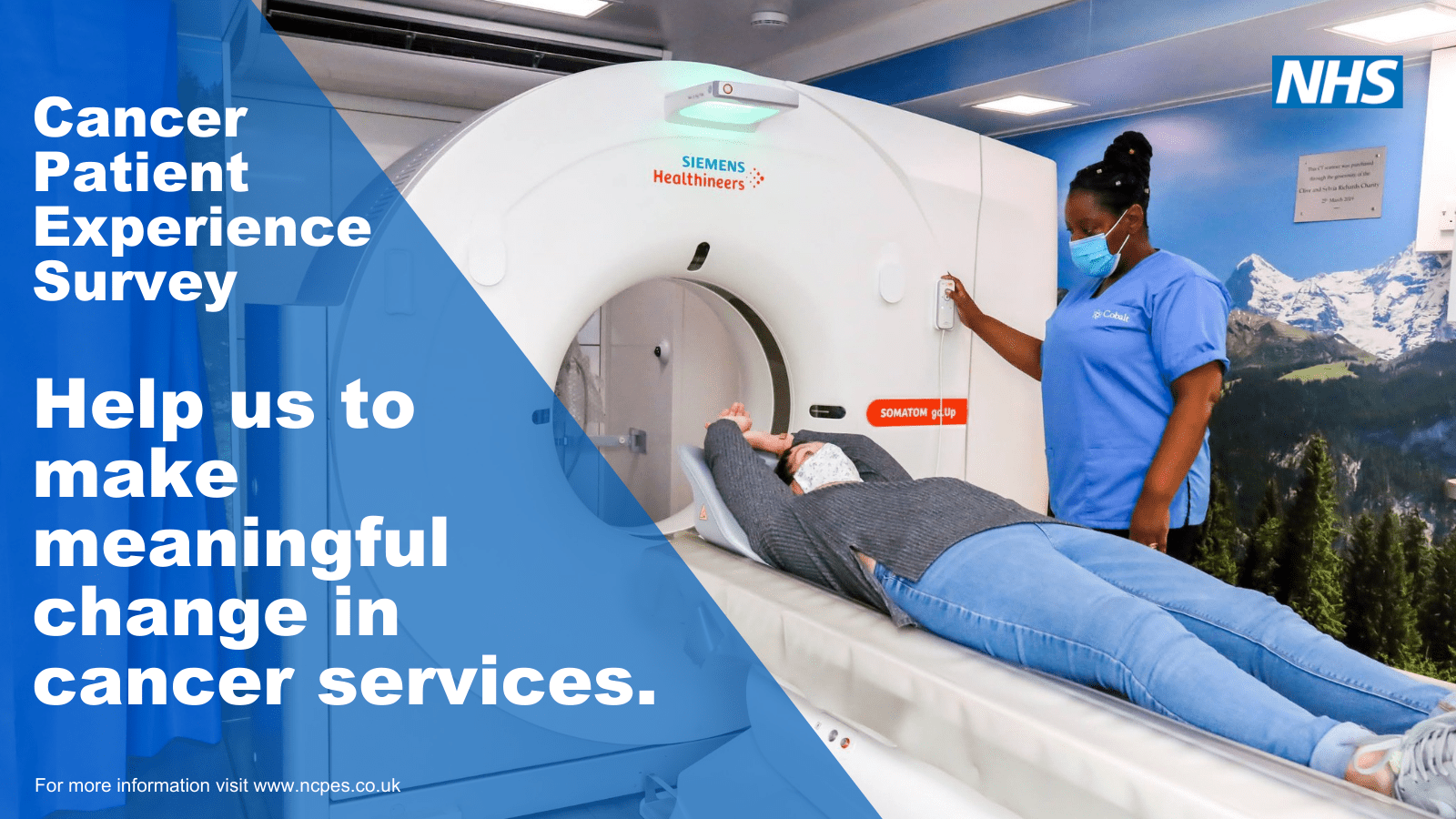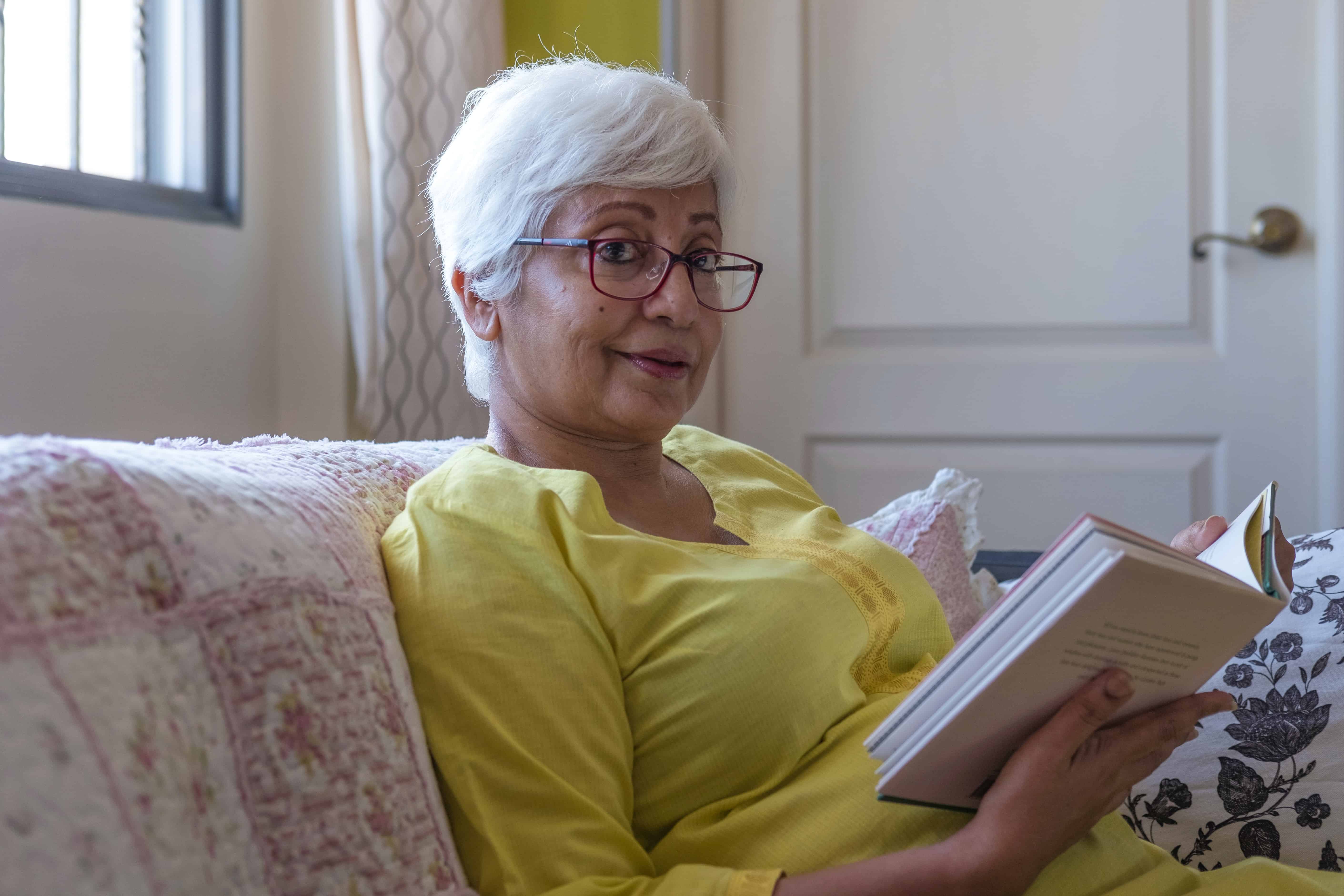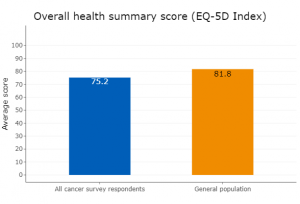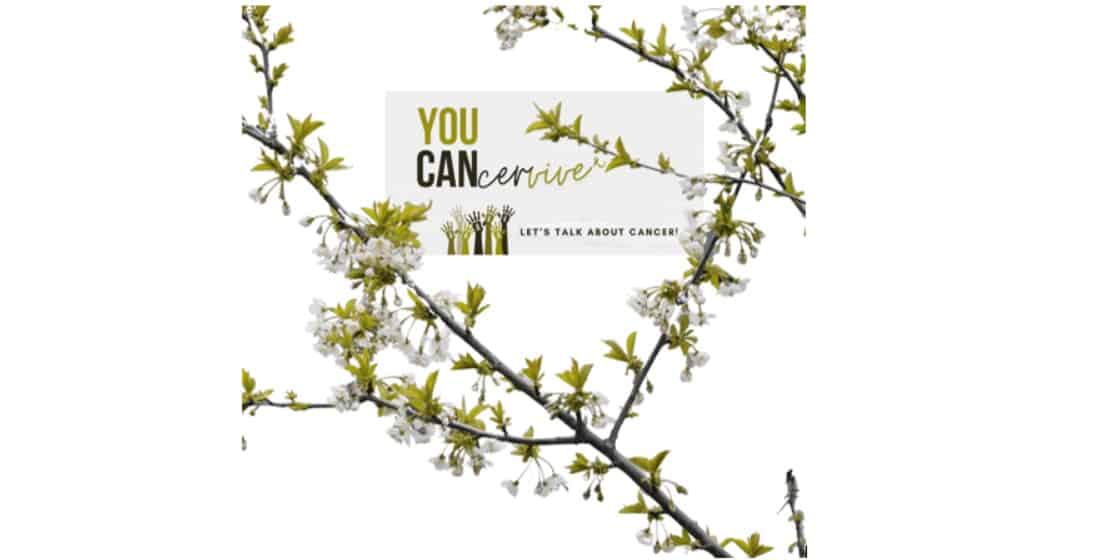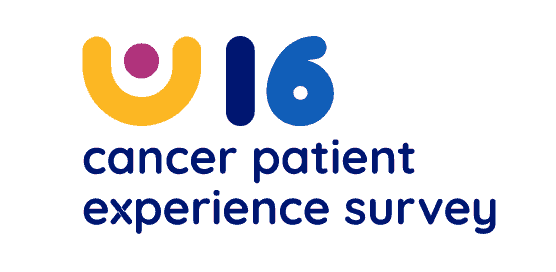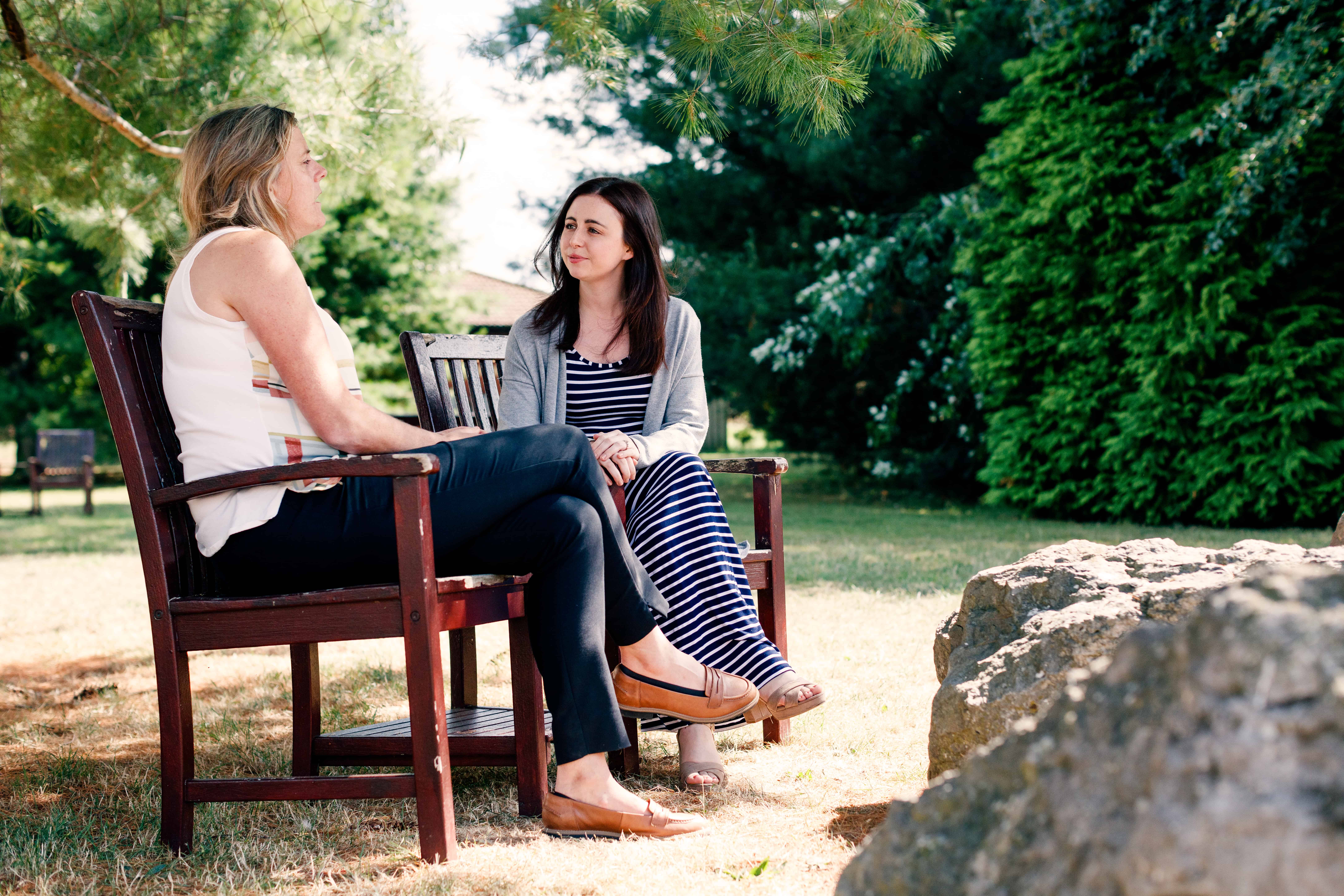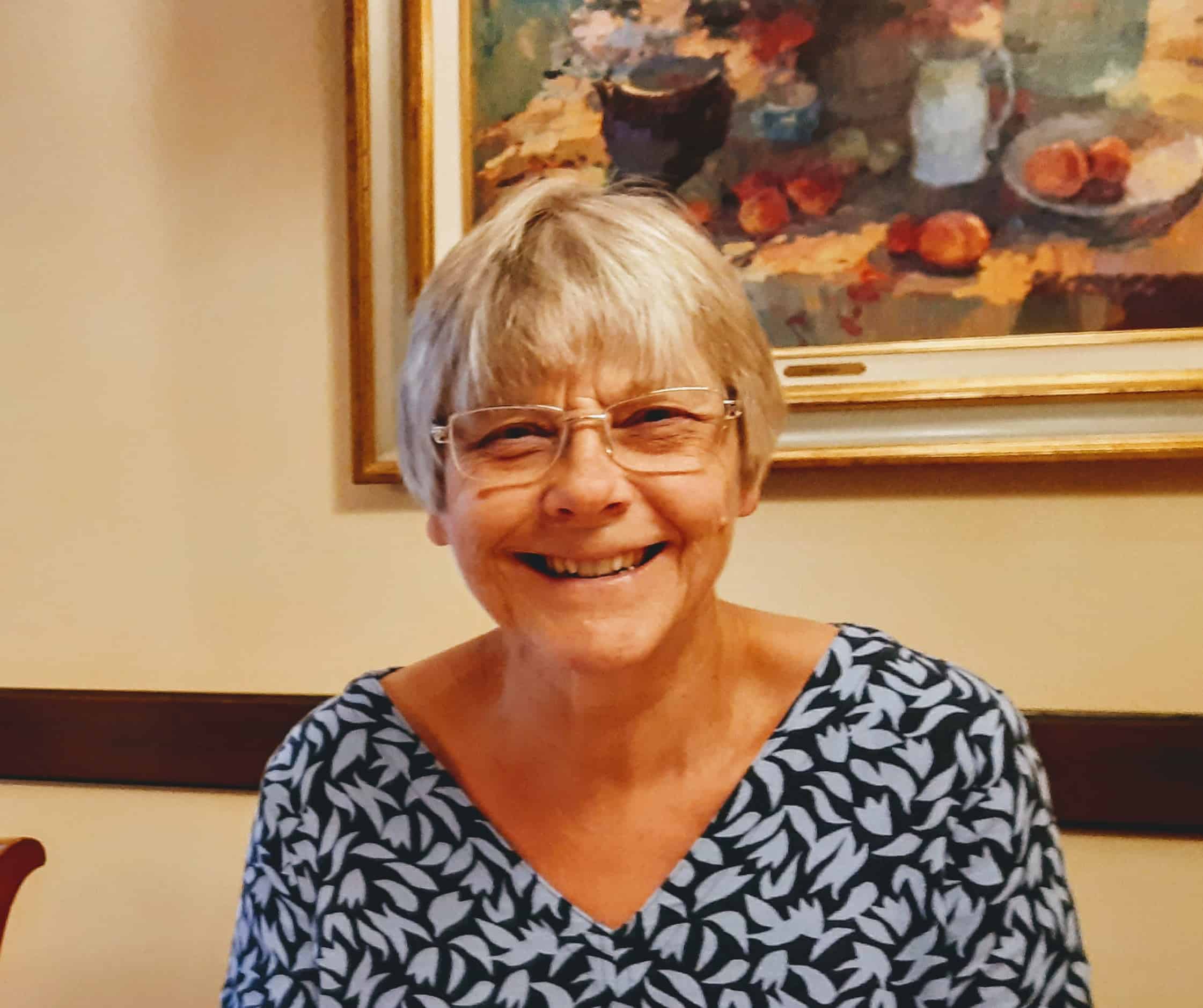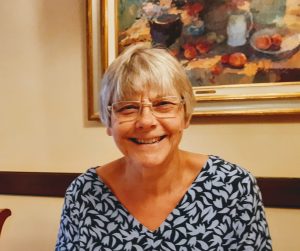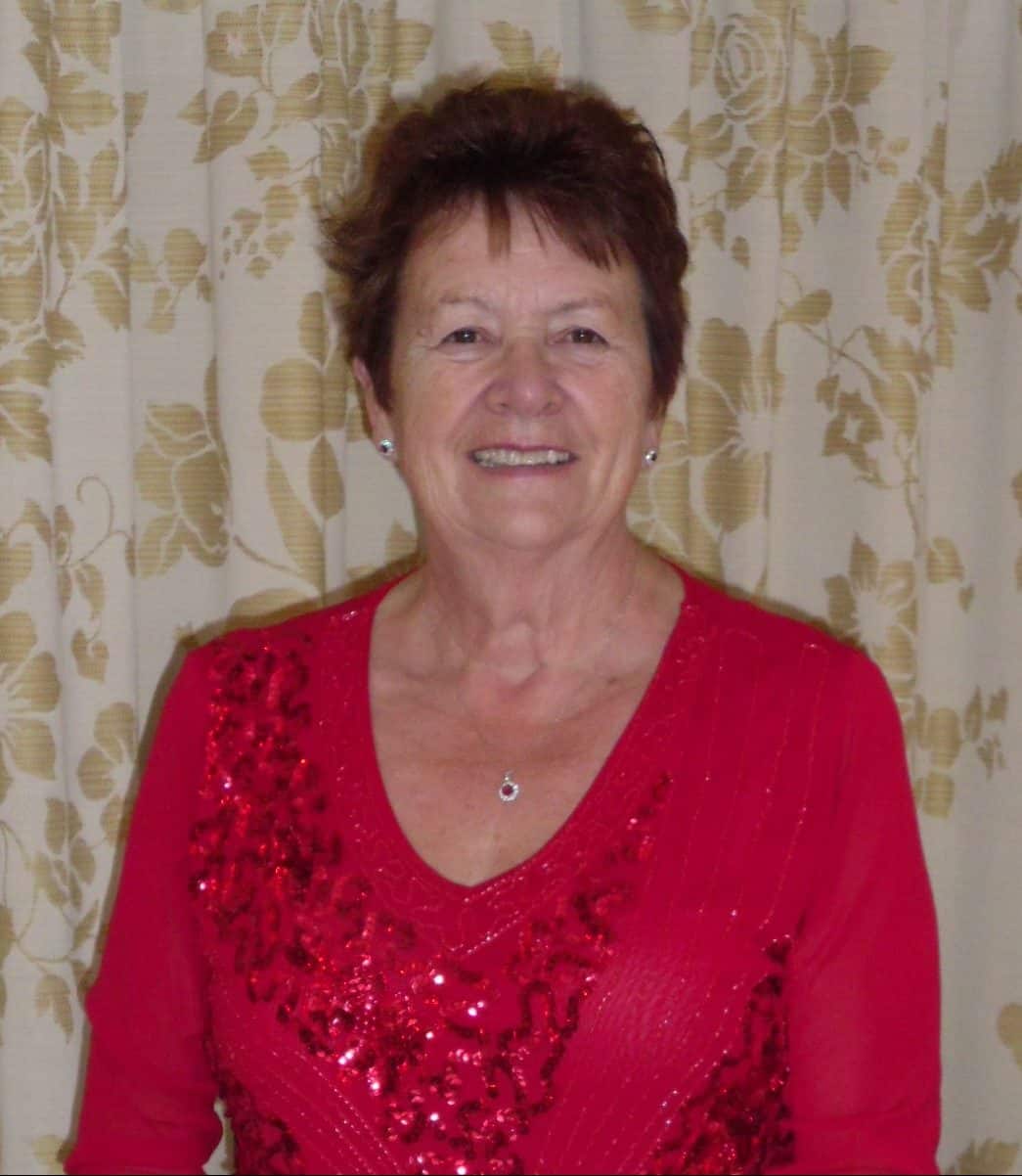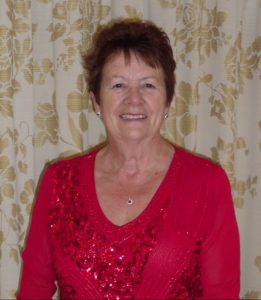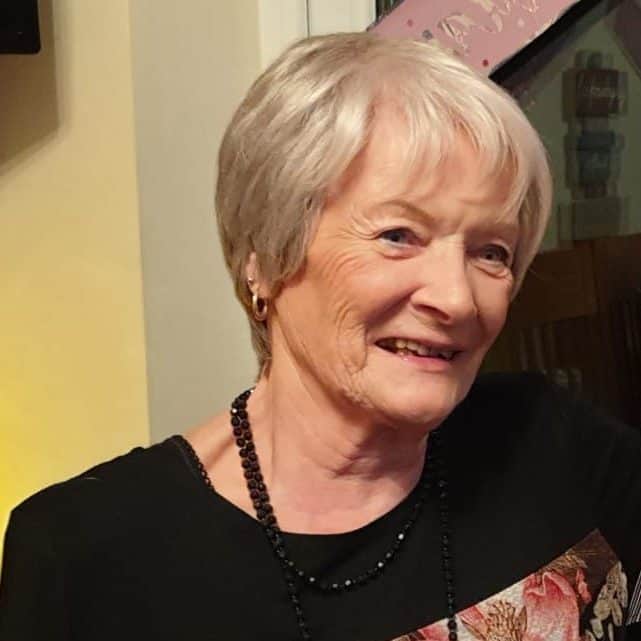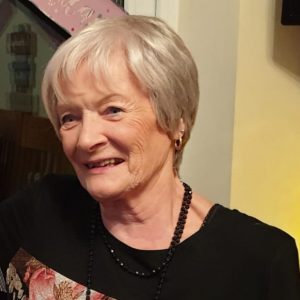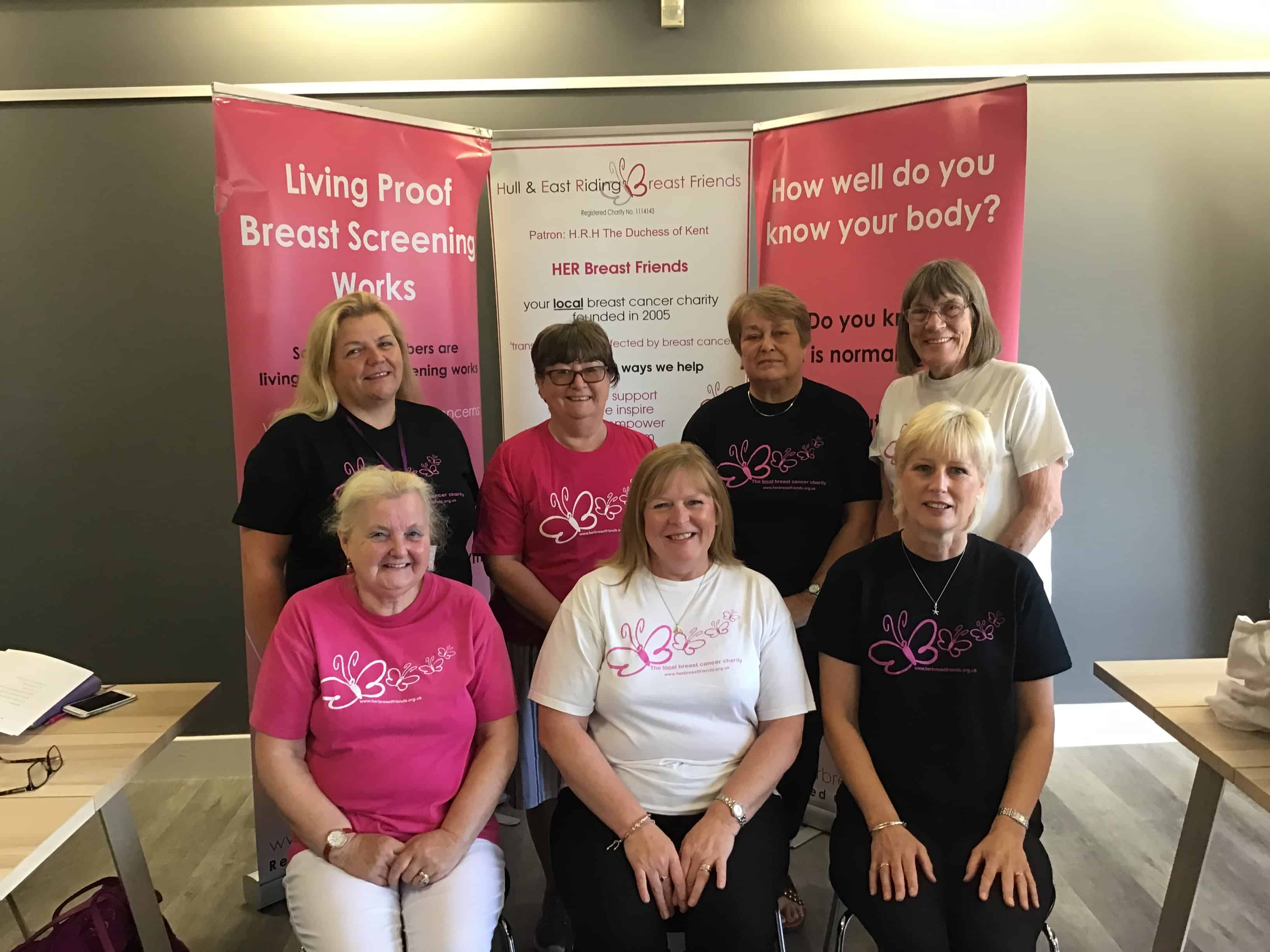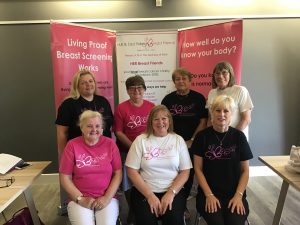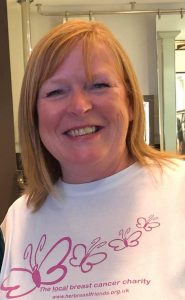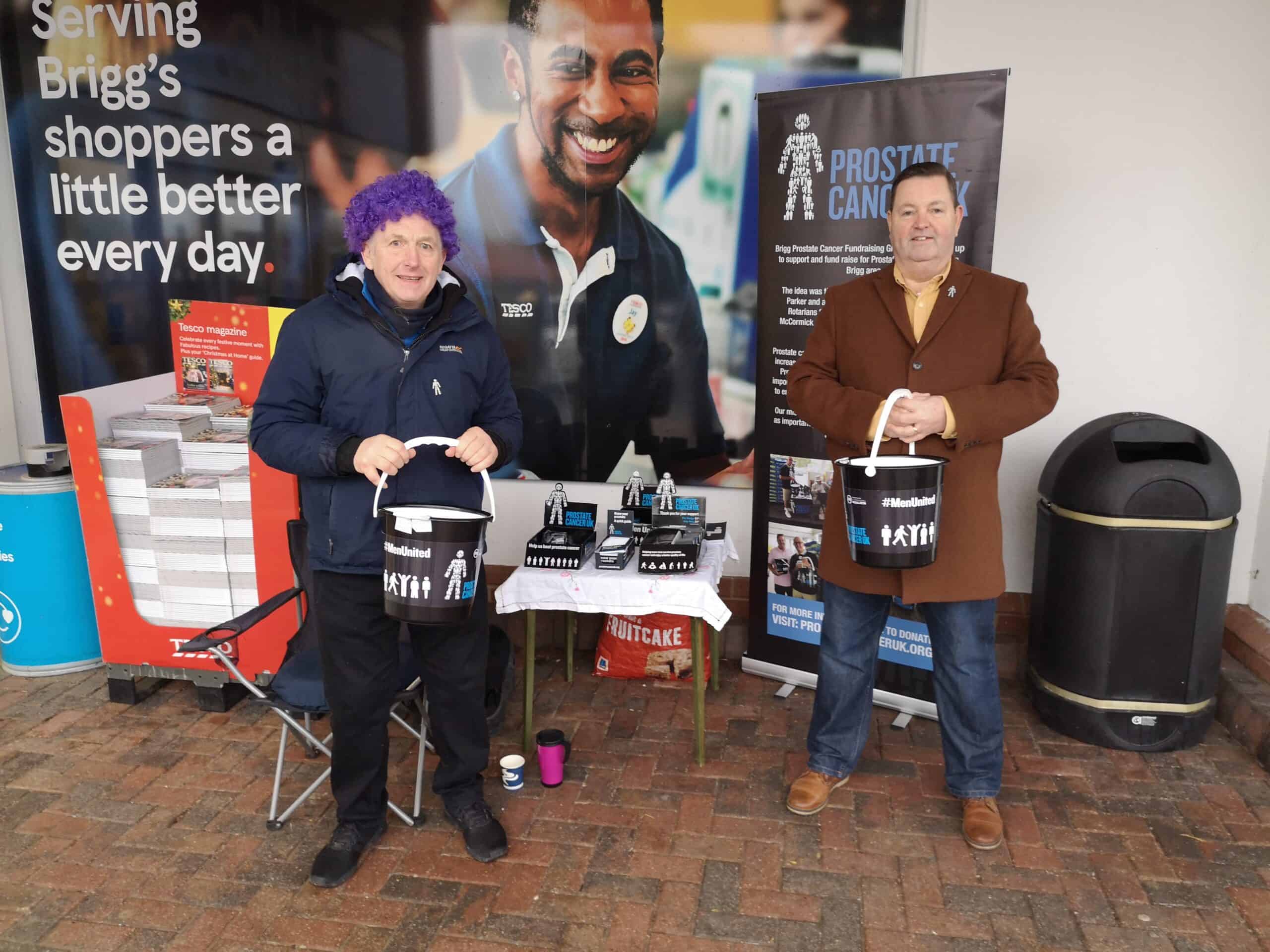
Andrew Markham, a Warehouse Operative from Brigg, was diagnosed with prostate cancer when he was 63. After receiving treatment in November, Andrew is now sharing his experience to encourage other men to become more aware of their risk, which can result in an earlier diagnosis.
“In my late 50s, I had a problem with my tummy. I decided to speak to my GP about it, who asked me if I’d ever been tested for prostate cancer. Thinking back, I hadn’t, and so I went along for a PSA test*. After a slightly nervous wait, the results came back at just over four, which is a little high, but not necessarily a huge concern.
“Because my PSA was slightly high, I went back for a PSA test every six months after that. It always fluctuated between 3.9 and 4.2 and therefore seemed okay. This was until one test, when I was 63 in December 2020, which showed, despite a lack of any other symptoms, my PSA had gone up to 4.6, so the consultant suggested I have an MRI. I wasn’t too concerned, as my urologist assured me it was a precaution and my PSA still wasn’t very high.”
*A PSA test is a blood test to measure the amount of a prostate specific antigen (PSA) in the blood. PSA is a protein produced by normal cells in the prostate and by prostate cancer cells. It’s normal to have a small amount of PSA in the blood, and this even rises as men age because the prostate increases in size. A high PSA level can be an indicator of cancer or another problem with the prostate. Regular PSA testing can help GPs spot a problem early, even if there are no other symptoms.
“In May 2021, I received an MRI scan at Scunthorpe General Hospital. When attending my results appointment with a urologist, they said they’d found a lesion on my prostate and that it was best to investigate it further.
“I was then booked in for a biopsy, again at Scunthorpe General Hospital. My appointment took the full morning and I had 15-20 samples taken, but my wife Jenny and I were given plenty of cuppas – the nursing staff were brilliant. Two weeks passed and the results came – I had cancer. On the day of my results, my workplace has asked me to take part in a fundraiser for Men’s Health Week as they knew I fundraise for pancreatic cancer charities. It was ironic to receive the results I did.
“Later, another biopsy appointment confirmed a large tumour, bigger than I and they expected, and I was given a full diagnosis at the end of September 2021. My tumour was stage one with a Gleason score of 7.
“There are several options for treatment when it comes to prostate cancer, and I was given a choice between radiotherapy, hormone treatment, or surgery. After speaking with Jenny and some friends at a Brigg fundraising group, I decided to have surgery to remove the tumour.
“On 28th November, I had a robotic-assisted laparoscopic prostatectomy (RALP) and have been recovering since then. I’m still tired, in pain, and have been off work for six months now, but I’m happy to have found my prostate cancer and had the procedure. In two weeks, I’ll be going for another CT scan to see if there are any other problems underlying.
“Although prostate cancer isn’t nice, knowing your risk and contacting your GP if concerned can help you get an earlier diagnosis. Men who are black or who are aged over 50, like I was when I was diagnosed, are most at risk. Knowing your risk is important, as it can help you and your GP decide whether you should be monitored or undergo tests, such as a PSA test, for prostate cancer.
“Prostate cancer doesn’t always have symptoms, but Prostate Cancer UK’s risk checker can help you determine your risk in 30 seconds. I’d encourage all men to use the risk checker and contact their GP if they have a higher risk.”

